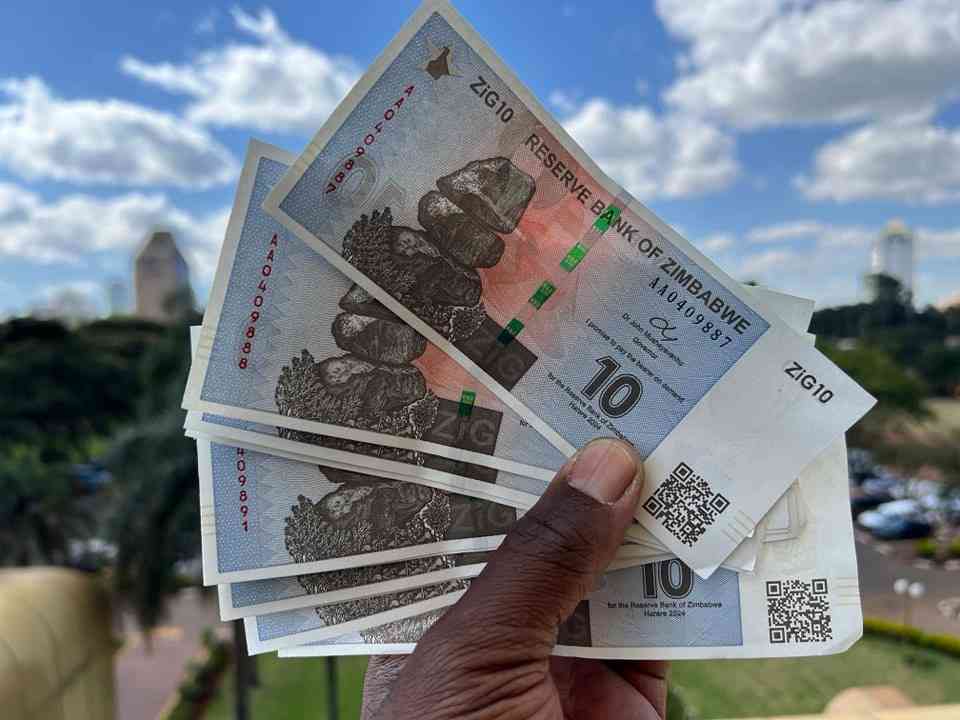
The Reserve Bank of Zimbabwe (RBZ) cannot approve or stop companies from accessing foreign currency, as it is the prerogative of banks which control 70% of the forex, the central bank’s deputy governor, Kupukile Mlambo has said.
BY MTHANDAZO NYONI
There has been an outcry that the central bank was turning down foreign currency applications for companies wishing to import critical raw materials following the depletion of nostro balances.
But responding to questions from captains of industry in Bulawayo at the ZimTrade export financing awareness seminar recently, Mlambo said banks controlled foreign currency in the country.
“The Reserve Bank has no power to stop or approve your access to your foreign currency. That is the job of your bank. In this market, we control, as a central bank, about 30% of the foreign currency in the country,” he said in response to one shoemaker, who had indicated that his bank was failing to allocate him $9 000 for raw material imports.
“That the priority areas that we focus for that 30% are on fuel, on medicals, on essential imports and electricity especially Zesa to Eskom. About 70% of the foreign currency lies with banks. That’s why I was surprised that your bank can’t pay $9 000. For me that’s surprising. Really, how do you expect a central bank to sit down and decide on $9 000? That’s not the job of the central bank.”
Mlambo said the central bank was only concerned about bigger allocations of national and strategic importance to the nation.
“So while we looking at the bigger allocations of national and strategic importance to the nation, then the banks can take care of the other one. That’s why (RBZ financial markets director, Azvinandava) Saburi was saying we don’t control some of your banks, let’s discuss with them. Because, for me, really, I don’t understand why they can’t pay something like that,” he said.
- Chamisa under fire over US$120K donation
- Mavhunga puts DeMbare into Chibuku quarterfinals
- Pension funds bet on Cabora Bassa oilfields
- Councils defy govt fire tender directive
Keep Reading
“I know the challenges are there, but with the little that we have, we are trying very hard to make sure that we meet essential demands.”
Mlambo said whatever banks were telling companies was not true, as some applications do not go to RBZ and were decided at banks.
However, captains of industry were sceptical. They insisted that the central bank was responsible for foreign currency allocations.
Zimbabwe is facing a foreign currency crisis that has seen companies struggling to import critical raw materials. The forex shortage has seen companies seeking dollars on the parallel market.
In his monetary policy statement, RBZ governor, John Mangudya said the central bank had intervened in the foreign exchange market through drawdowns from the nostro stabilisation facilities amounting to $1,1 billion in 2017. The drawdowns, Mangudya said, assisted to stabilise the forex market and to sustain financing of critical imports such as fuel, electricity, medicines, fertilisers, agro-chemicals, soya crude oil for cooking oil, cash imports and raw materials for industry.











